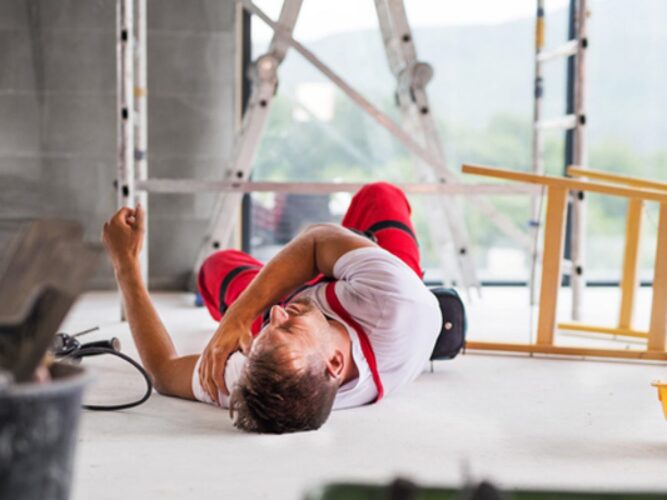In New Jersey, the government authorities provide a legal way for the victims of a slip and fall accident to recover their damages from the liable party. The person (usually the property owner) responsible for the property’s hazardous condition must pay the victims. However, there are certain cases where the victim also shares some percentage of fault.
When you file a slip and fall claim against a party, and it is found that you also were negligent, which resulted in the accident, it is called comparative negligence. The main implication of comparative negligence is that you won’t receive the total amount of how much your damages are worth. Discuss your case with a Jersey City slip and fall attorney.
Understanding the idea of comparative negligence
The concept of comparative negligence states that more than one party could be at fault for the accident, which resulted in the victim’s injuries. For example, suppose you slip and fall on a wet floor of a business. However, there were hand railings that you could have used to protect yourself from falling. Therefore, even though the business should have put up warning signs about the wet floor, you are also partly to blame for your injuries.
In what situations is the property owner not liable for the victim’s injuries?
While many falls and serious accidents in homes, apartment complexes, and businesses happen because of the negligence of one of the parties meant to keep the premise safe, not every accident is their fault. Here are three situations where the victim cannot hold the property owner liable:
- They did not know about the hazard.
If the property owner genuinely did not know about the hazard existing on their property, they are not liable for your injuries. This is because they may have removed the danger had they discovered it. However, this defense only works when the location of the hazard is impossible for the property owner to know about.
- They acted responsibly.
If the property owner knew about the hazard and took preventative measures to avoid an accident, they are no longer liable if you still become injured at their property. This defense can be successfully used if the owner had addressed the problem in the best possible way and you still suffered an injury.
- You acted recklessly.
Some slip-and-fall accidents do not occur because of the owner’s error or negligence but because the victim failed to act responsibly. You lose the claim if the defendant can prove that you acted recklessly, which led to your injuries.

